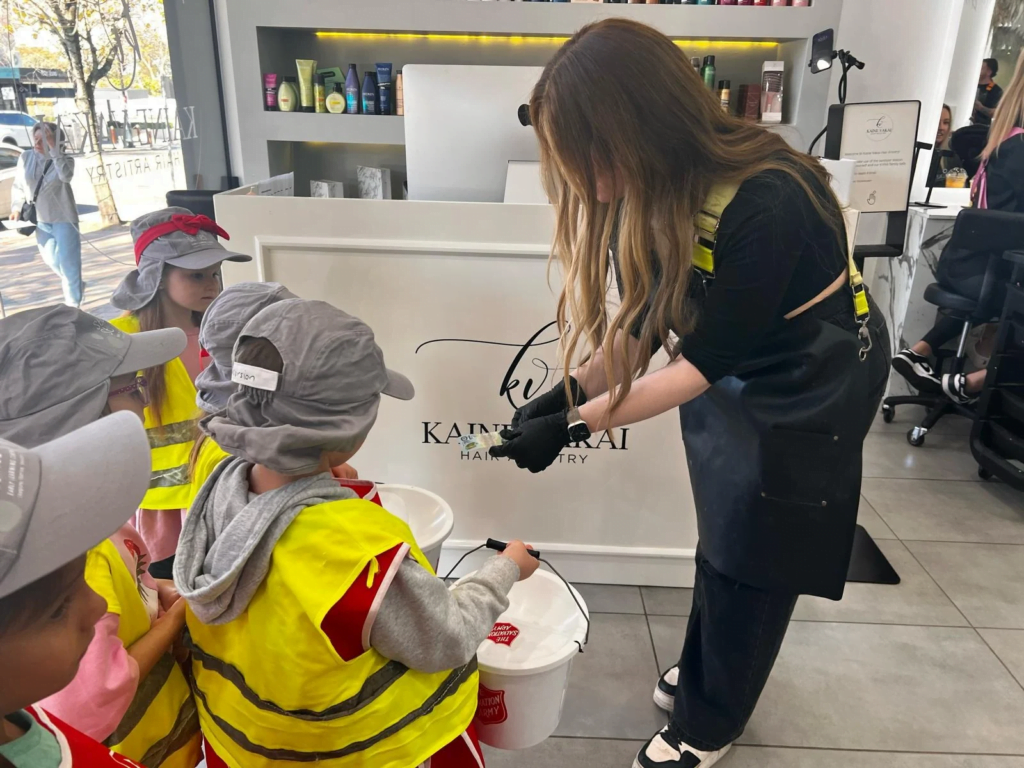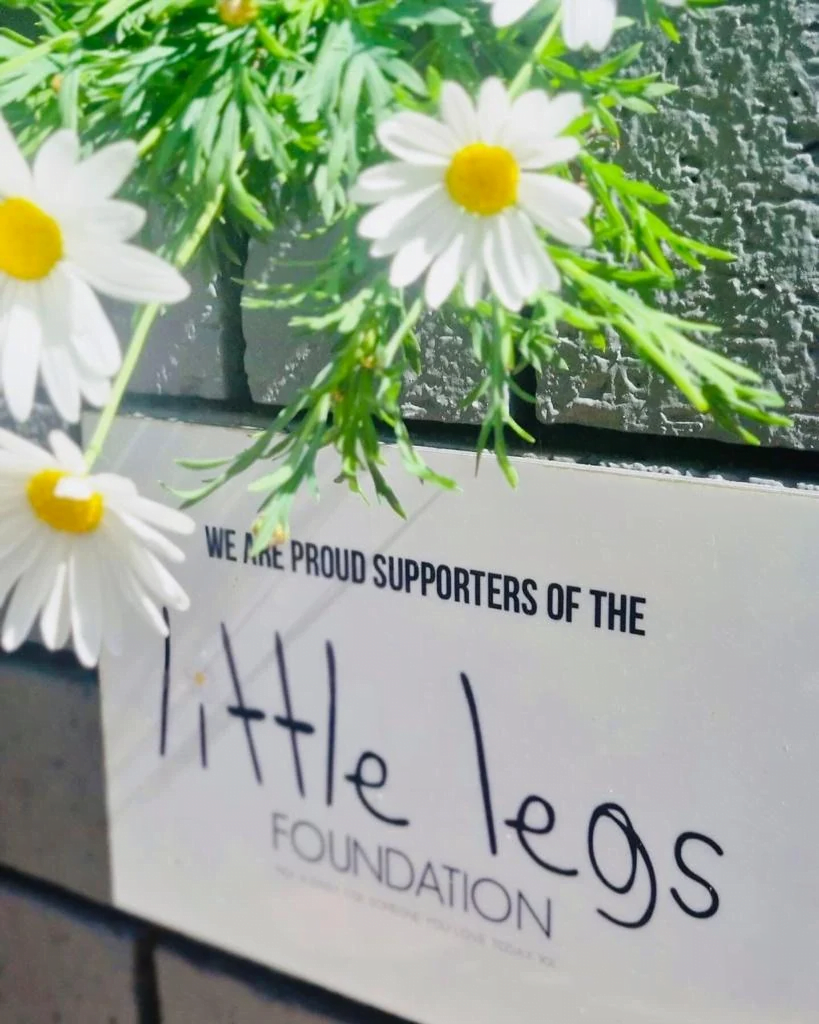In the nurturing environment of early childhood education and care, fostering empathy, compassion, and a sense of social responsibility is just as crucial as teaching academic skills. Introducing children to the concept of charity at a young age not only instills valuable character traits but also contributes to their overall development as empathetic and caring individuals. In this blog, we’ll explore the importance of incorporating charity into our educational programs and how it can positively impact children’s lives.
Nurturing Empathy and Compassion
Through experiences in our educational program we provide opportunities for children to learn about the needs of others and develop empathy towards those less fortunate. Whether it’s fundraising for a local cause, donating toys, or participating in community service projects, these experiences help children understand that they can make a positive difference in the lives of others, no matter how small their actions may seem.
Fostering a Sense of Social Responsibility
Engaging in charitable activities and community events also helps children develop a sense of social responsibility. By participating in efforts to support those in need, children learn that they are part of a larger community and have a responsibility to contribute to its well-being. This sense of social responsibility lays the foundation for active citizenship and civic engagement later in life.
Teaching Gratitude and Generosity
Through charity initiatives, children learn the values of gratitude and generosity. When they see the impact of their actions on others, whether it’s putting a smile on someone’s face or providing essential resources to those in need, they develop a deeper appreciation for what they have and a willingness to share with others. These experiences cultivate a spirit of generosity that can positively influence their relationships and actions in the future.
Building Self-Esteem and Confidence
Participating in charity events can also boost children’s self-esteem and confidence. When they see that their efforts can make a difference, no matter how small, they feel a sense of accomplishment and pride in their abilities. This positive reinforcement encourages them to continue engaging in acts of kindness and strengthens their belief in their capacity to effect positive change in the world.
How Do We Incorporate Charity at Stepping Stones?
Swap Shop: At Stepping Stones Bexley we have created a SWAP SHOP where families can donate items that can be shared with other families. This initiative was also shared with our software provider who created a SWAP SHOP app function, extending this charitable initiative beyond our Stepping Stones families and into the wider community. This has created a culture of support and compassion amongst early childhood services across Australia.
Fundraising Events: Since 2019, Stepping Stones Bexley has supported the Little Legs Foundation. Through service events and initiatives we are committed in helping to raise the much needed funds and awareness for childhood brain cancer. Events to date have included biscuit drives, and a number of raffles and fundraising initiatives.
Community Service Projects: At Stepping Stones we regularly partner with local organisations to participate in community service projects, such as park clean-ups, visiting nursing homes, or planting trees. Since 2018, we have also held an annual Christmas donation drive called the ‘Gift of Giving’ for clothing and toys for the women and children of Phoebe House, a a residential rehabilitation program for women that accommodates for their children, in a safe home environment.
Petal the Kindness Bear: In 2023 we welcomed Petal the Kindness Bear to our educational program. Through this initiative children are encouraged to perform random acts of kindness, such as writing thank-you notes to essential workers or helping a classmate in need.
Incorporating charity into our educational programs nurtures the hearts and minds of young children, helping them develop into compassionate, empathetic, and socially responsible individuals. By providing opportunities for children to engage in acts of kindness and service to others, our educators play a vital role in shaping a generation of caring and conscientious citizens who are committed to making the world a better place for all.



